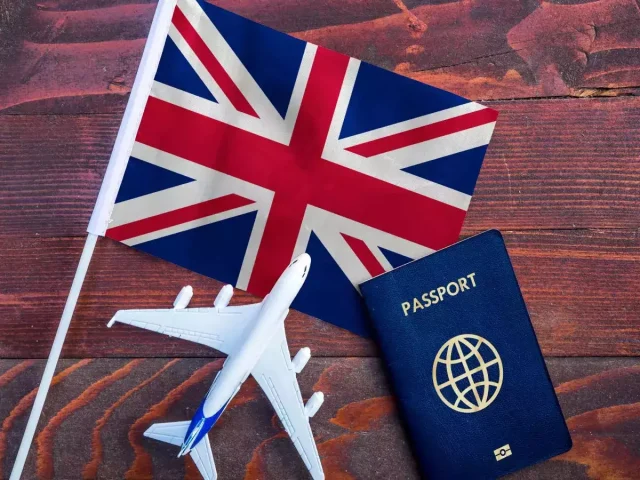The recent tightening of U.S. visa restrictions for Nigerian citizens is linked to Nigeria’s refusal to accept third-country asylum seekers as part of a broader immigration agreement proposed by President Donald Trump’s administration, a report on Friday morning has claimed.
The report titled, EXCLUSIVE: Trump’s visa clampdown linked to Nigeria’s refusal to house asylum seekers, which was published by online news medium, TheCable, on its website, alleged that diplomatic sources familiar with the matter confirmed that the Trump administration had initiated discussions with several countries, including Nigeria, to host asylum seekers while their U.S. immigration claims are processed — a period that could stretch up to seven years. While some nations reportedly accepted the proposal, Nigeria declined.
In response, Washington imposed new visa restrictions that reduce the validity period for most non-immigrant and non-diplomatic Nigerian visas to three months and restrict them to single-entry. The U.S. embassy said the revised policy, which took effect July 8, is part of a broader global visa reciprocity review. However, TheCable, which quoted diplomatic officials, said Nigeria’s stance on asylum hosting played a significant role in the timing and severity of the changes.
“Trump typically starts negotiations with a hardline position to gain leverage,” the platform quoted a source as saying, describing the approach as consistent with tactics outlined in the U.S. president’s co-authored book The Art of the Deal.
The asylum arrangement discussed mirrors similar controversial policies, such as the United Kingdom’s £370 million agreement with Rwanda to relocate asylum seekers there. Like Nigeria, other African countries, including Rwanda, Djibouti, and South Sudan, were reportedly approached to accept deportees, many of whom are non-citizens and convicted individuals.
Earlier in June, the U.S. Supreme Court ruled in favour of the Trump administration’s right to deport migrants to third countries, including those facing instability. The ruling, delivered through a 6–3 vote, removed legal barriers that had previously limited such deportations.
In a separate development, President Trump held a closed-door mini-summit at the White House this week with five African leaders — from Senegal, Gabon, Mauritania, Liberia, and Guinea-Bissau — to discuss economic cooperation and trade. Nigeria, a key regional player, was noticeably absent. Analysts say this exclusion may be linked to Nigeria’s alignment with the BRICS economic bloc, which Trump has repeatedly criticised and threatened with higher tariffs.
Meanwhile, diplomatic negotiations between Nigeria and the U.S. are ongoing. Kimiebi Ebienfa, spokesperson for Nigeria’s Ministry of Foreign Affairs, said the visa restrictions were “unfair and disproportionate” and do not reflect the principles of reciprocity and mutual respect that traditionally underpin Nigeria-U.S. relations.
Ebienfa acknowledged the U.S.’s sovereign right to enforce its immigration policies but urged Washington to reconsider its decision. “We call for a fair resolution in the spirit of partnership and shared global responsibilities,” he said.
The U.S. embassy maintains that Nigeria must meet specific benchmarks to improve its visa standing, including secure travel documentation, cooperation on visa overstays, and sharing of criminal data. Sources said Washington has requested access to Nigeria’s criminal database to vet individuals residing in the U.S., but Nigerian officials remain cautious, citing a lack of reciprocity.
Negotiations also included a U.S. request for American citizens to be allowed to apply for Nigeria’s five-year visa electronically without embassy visits. Nigeria reportedly turned down the request, citing lack of equal treatment for its citizens under U.S. visa rules.
Despite these tensions, both sides have expressed willingness to continue diplomatic engagement toward a resolution.







